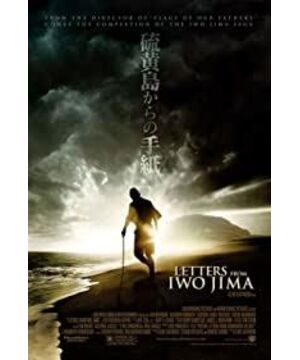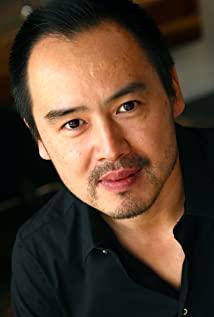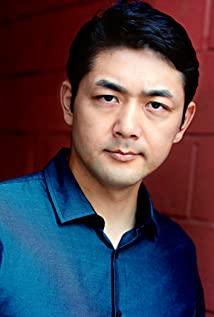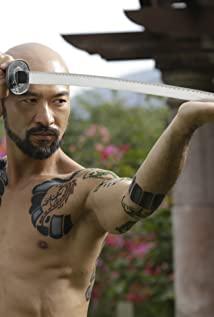Except for the occasional American soldier who speaks a few words of English throughout the movie, the main actors are entirely in Japanese. If you don't have a good understanding of the movie, it is hard to think that such a movie would be produced by an American director. The protagonist of the story is a group of soldiers who have been tasked to stay on Iwo Jima. At this time World War II was nearing its end, and the soldiers on the island were destined to be the victims of this war from the very beginning. Like the Japanese soldiers depicted in many movies, there are naturally stupid Japanese officers who have been poisoned by militarism and become extremely evil, but there are also people who have seen defeat such as the commander Su Lin Tadao and the soldier Tuxiang. .
Between chaos and sobriety, these poor, sad, and hateful soldiers struggled with the last bit of strength on the death line, and the family letter became the last light to comfort their souls, and it also reflected that these were always described as A vicious and vicious person has a human side. There is a very impressive scene in the film. The injured American soldier died in the early morning of the next day. The Japanese officer who had won the horse racing championship at the Olympics read a home letter left by the American soldier. The letter was written by the soldier's mother. She encouraged her son to insist on fighting and to go home. After listening to the content of the letter, the soldier Shimizu said with emotion that he used to think that Americans were cowards, cowardly, shameless, and vicious. It turns out that their family letters are the same as ours.
Many years later, Japanese historians unearthed letters from Iwo Jima who wrote to his family. The smoke of war has dissipated, but people's reflection on this period of history is obviously far from enough. Ironically, there were only two people who survived this cruel battle. One was the land village that still had a clear mind but had been hurt by the war, and the lunatic lieutenant who stubbornly wanted to die with the United States. Isn't the thoughts represented by these two men the same as the two attitudes toward militarism in today's Japanese society?
Up to now, I still remember the saying in the family letter of the dead American soldier: Justice needs someone to do it. Such a simple sentence really touched me at the moment, but when you see American soldiers shooting two surrendered prisoners of war in order to protect themselves, you no longer know where justice is. What is justice, what is injustice, war has never been right or wrong, there is only the entanglement of interests, and the outcome of the winner and the loser. When the whole world pays attention to how the Emperor of Japan bowed his head to admit defeat, how many people will pay attention to the fate of those little people who have suffered from the war? ! Thank you Clint Eastwood for giving us a chance to reflect.
View more about Letters from Iwo Jima reviews











